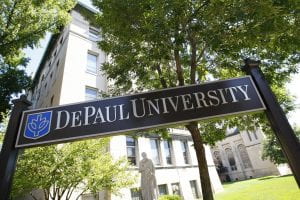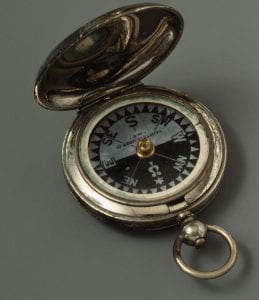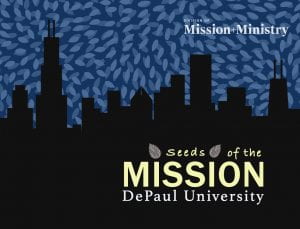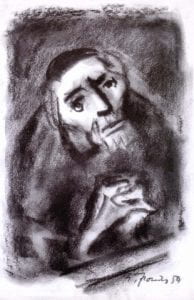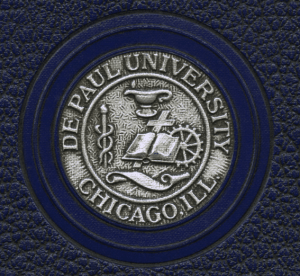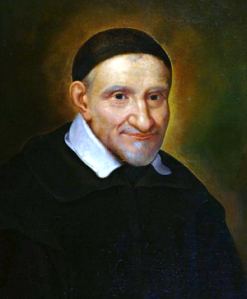This week I received an e-mail reminding me that my annual DePaul Performance Appraisal is due soon. Quite honestly, this email is never one that fills my heart with joy. It triggers familiar and frustrating thoughts I would rather avoid. “How can I possibly capture a year’s worth of toil and effort in an electronic template?” “Be honest, Tom, have you really been doing your best work lately anyway?” “Performance Appraisals, Teacher Evaluations, Annual Assessments…why are we always being judged?!”
Fortunately, before dwelling too long on these self-defeating thoughts, I received another e-mail from a colleague. It contained, serendipitously, a quote from Vincent de Paul: “God is satisfied with our good will and honest efforts.”1
God is satisfied with my good will and honest efforts. Huh. Really? That’s all? My good will and honest efforts? Not that those are always easy for me to produce, but at least I can wrap my head around the concept. I usually have an idea when my attitude may be lacking, or my efforts failing, and I can work to correct this.
Vincent, in collaboration with others, oversaw a large network of organizations and services. However, neither he nor his great colleague, Louise de Marillac, seemed to lose sight of their own humanity. Nor did they lose sight of the humanity of those with whom they worked and served. Vincent understood that the future was not always clear, and that perfection was not attainable. Nevertheless, he had faith that if people did their best, with good will and honest efforts, all would be well. God would be satisfied, and good would result.
Almost 400 years later, I appreciate these thoughts immensely. Particularly as I approach my performance appraisal! They motivate me to stop worrying about being perfect and to simply do my best, as well as encouraging others to do the same. They also make me grateful for our DePaul community, built around a wise, timeless heritage and people who do so much with good will and honest efforts.
QUESTIONS FOR REFLECTION:
As you reflect upon the past year and your role at DePaul, where do you witness your good will and honest efforts? As you look ahead, what tasks or responsibilities in your role at DePaul make you feel especially motivated or excited? If you ever notice that your attitude is faltering, or your efforts are dwindling, what do you do to revive yourself?
1 Letter 962, To Etienne Blatiron, Superior in Genoa, 21 June 1647, CCD, 3:206
Reflection by: Tom Judge, Assistant Director and Chaplain for Faculty and Staff Engagement, Division of Mission and Ministry

